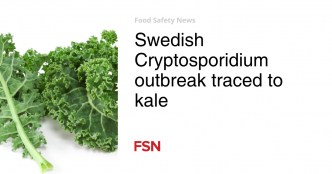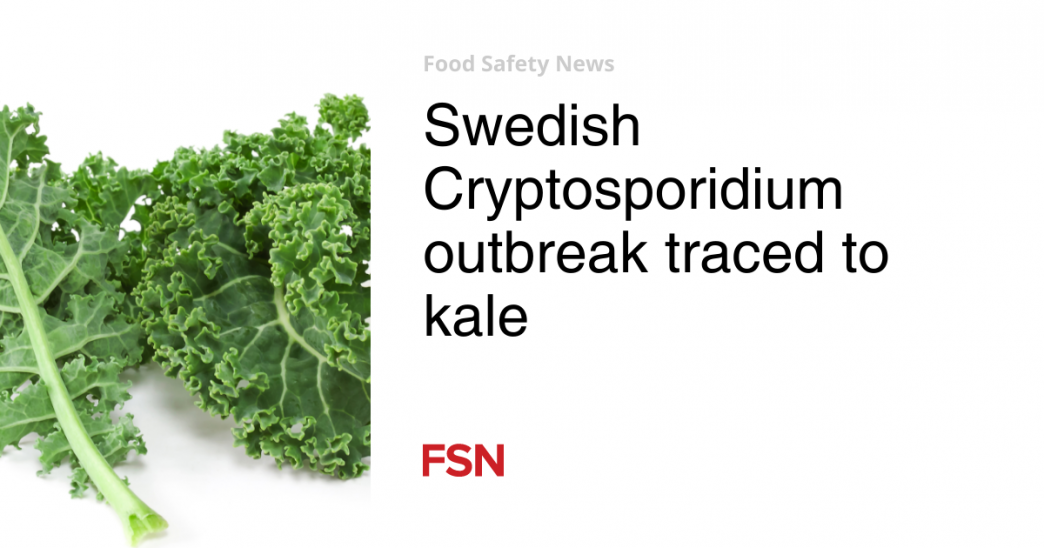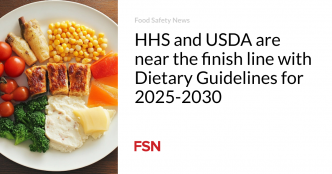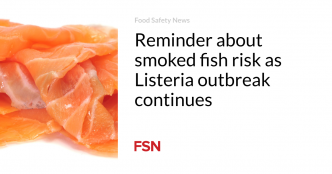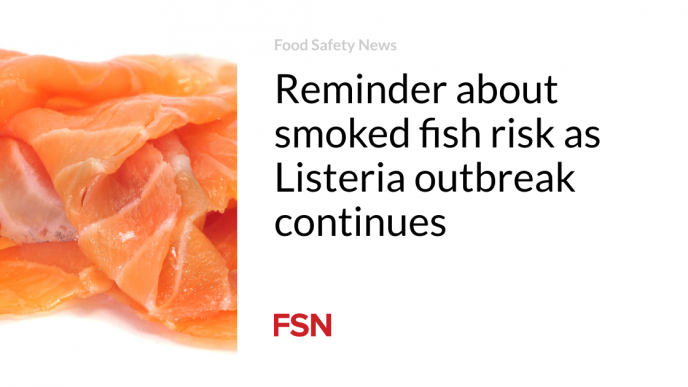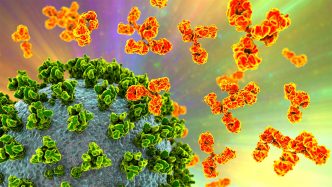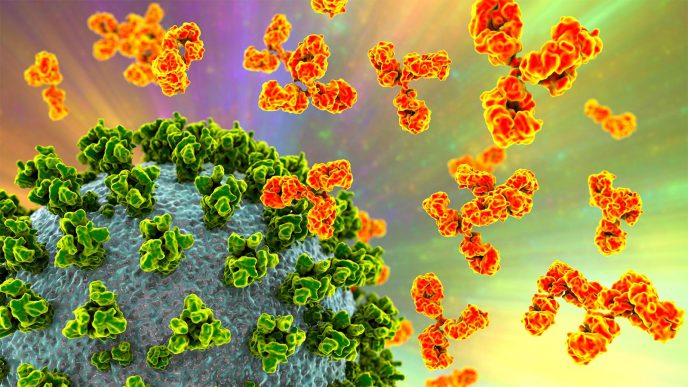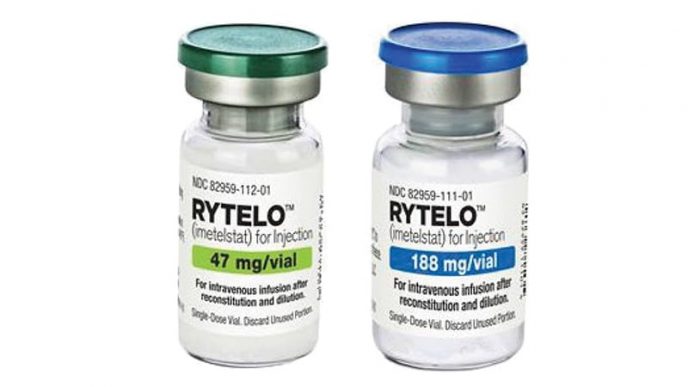A Cryptosporidium outbreak in Sweden in late 2023 was found to be caused by contaminated kale mixed salad from salad bars in grocery stores.
The outbreak was caused by a previously undetected Cryptosporidium parvum subtype. Infection with this novel subtype seemed to result in a higher frequency of fever and vomiting.
In December 2023, notifications of cryptosporidiosis cases increased in Sweden, prompting a national outbreak investigation, and a case–control study to identify the source.
The investigation team included the Public Health Agency of Sweden (Folkhälsomyndigheten), the Swedish Food Agency (Livsmedelsverket), and affected regional departments of communicable disease control and prevention. Results were published recently in the journal Epidemiology and Infection.
Scientists identified 60 cases between mid-December 2023 and January 2024. The median age was 44 with a range of 16 to 81 years old and 73 percent were women. From the 21 counties in Sweden, 13 reported cases. Controls were recruited from a national random pool.
An alert for cases in other European countries was posted on EpiPulse in January 2024. None of the five countries who responded had seen an increase in the reporting rate of cryptosporidiosis.
In total, 34 cases and 368 controls were included in the analysis. Compared to controls, cases were more likely to have consumed items from salad bars in grocery stores. Patients were also more likely to have eaten kale mix salad compared to controls.
Unable to trace back to grower
Kale has been linked to past outbreaks of cryptosporidiosis, possibly because of its cultivation above soil level and challenges in thorough washing.
From 20 samples selected for molecular typing, 13 were a novel subtype of Cryptosporidium parvum. The hospitalization rate of cases in the outbreak was higher than reported in a previous study on cryptosporidiosis cases in Sweden.
Trace-back investigations pointed to kale producers from Sweden, Belgium, and Spain, but no particular grower was identified, and no food samples were available for microbiological analysis because of their short shelf life and the long incubation period of cryptosporidiosis.
One food processing company in Sweden delivered all salad products, including kale mixed salad, to salad bars in grocery stores. This company received kale several times a week in quantities of about three to four tons. During November and the beginning of December 2023, it was almost exclusively produced by a single grower in Sweden. However, from mid-December on, there was a shift to deliveries from other growers in Sweden, Spain, and Belgium.
Folkhälsomyndigheten posted information regarding the outbreak in January 2024, providing updates until it was declared over in mid-February. The company responsible for delivering salad bars to grocery stores was contacted by Livsmedelsverket, who recommended the investigation of routine measures for washing vegetables.
“This investigation, along with previous ones where kale was the suspected source of contamination, indicates that despite safety procedures in the production chain, Cryptosporidium may still contaminate these products leading to outbreaks and posing a public health risk,” said researchers.
(To sign up for a free subscription to Food Safety News, click here.)
